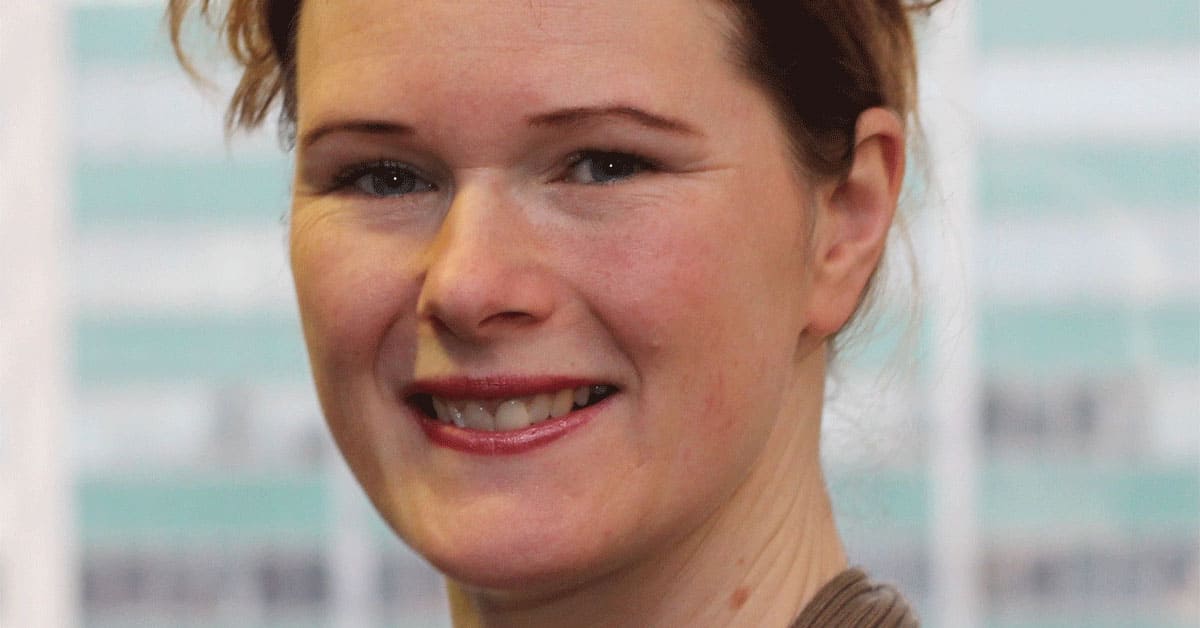There’s a growing national movement to include in the municipal accounting process the value of services like water purification, carbon sequestration, and flood and erosion control provided by local ecosystems.
According to a new report, “Getting Nature on the Balance Sheet,” nearly 100 municipalities across the country are already accounting for these kinds of ecosystem services in their finances.
At the same time, many representatives from municipalities, insurance companies, non-profit organizations, conservation authorities, finance organizations and others are pushing for formal recognition of natural assets by the Public Sector Accounting Board (PSAB), which determines accounting standards for the public sector.
Joanna Eyquem is the managing director of climate-resilient infrastructure at the Intact Centre on Climate Adaptation at the University of Waterloo, which led work the new report.
“There’s often the argument that nature is priceless because it’s so valuable. But the problem with that is that because we’ve done that in the past, we’ve actually really assigned a value of zero to nature,” she said. “So we’re trying to basically make it clear that we’re valuing services that nature provides.”
In fact, current accounting laws from the Public Sector Accounting Board actually forbid the public sector from assigning value to natural assets that were not purchased, and the movement includes advocating for the PSAB to change that.
Including natural assets in public sector accounting would mean local governments may take more steps to protect and maintain those assets, rather than build infrastructure to provide those services, said Roy Brooke, the executive director of the Municipal Natural Assets Initiative, another contributor to the report.
“If you don’t understand the value of nature and the services that it provides, and you degrade it, then you need to build and potentially overbuild new, engineered assets to manage stormwater, to protect against flooding, to purify water,” he said.
“And someone’s going to pay for that, and guess who it’s going to be? It’s going to be the taxpayer. It’s the taxpayer that is paying to build a new engineered asset to maintain that asset and ultimately to renew that asset after 75 years.”
The consequences of nature effectively counting for zero in public sector accounting results in ill-informed public decisions that do not reflect the actual value of protecting and enhancing nature, nor the actual costs of damage to it, as well as overrepresentation of costs of maintaining natural assets due to lack of representation of their benefits in public accounting, among other factors, the report notes.
The report details ways that nearly 100 municipalities have already been working to account for natural assets, and outlines ways that others can begin.
Brooke said the point is not to provide a dollar figure for each piece of nature, but instead to account for the service it provides.
Brooke gave the example of water purification and flood control provided by natural features such as wetlands and water recharge areas.
These natural systems, “Might provide drinking water to a community, as well as flood mitigation downstream. And it might provide recreational opportunities. I mean, it probably provides hundreds of things, but what we will typically do is take kind of a composite of the major ones.
“If it provides drinking water filtration, well that’s not challenging to sort of figure out what that service is worth, because there’s a specific cost to building a filtration plant and a treatment plant and to running that plant and operating it and maintaining it and then renewing it at the end of its useful life. So we can link a series of capital and operating costs to each of those services.”
Brook admits accounting for nature is still in its infancy, with multiple hurdles to overcome.
But the first steps, say Brooke and Eyquem, are to make this possible, meaning that the standards are changed to allow for natural capital to be included in public sector accounting.
Another next step is to develop a set of standards for valuing nature to give municipalities a guideline, which the group behind the report is already working on, said Eyquem.
“There’s already a standard on natural asset inventory that’s out for public consultation,” she said. “We are pushing the boundary of what is considered to be normal at present.”
Richard Petherick, director of finance with the Township of Woolwich, says that including natural assets is something the township is looking into for the 2024 update of its asset management plan.
“I know we have to take into consideration our green infrastructure. That would be the likes of our parklands, a tree perspective, any kind of green roofs, that kind of stuff, so we need to start to account for that,” he said.
“I know a lot of municipalities haven’t because there hasn’t been a requirement to yet, but as we’re getting into the 2024 asset management plan update, we’d have to take into all of our asset categories, and that would be including taking into consideration some of our green infrastructure.”
Roy Brooke says it’s important for everyday people to understand how including nature in public sector accounting could impact their lives.
“If I were saying this to somebody who has no particular interest in this area, and has a busy job and three kids at home and just doesn’t really have a lot of bandwidth, I’d say, ‘look, nature is vital to just about everything that is going on in your community in terms of core services that you rely on, and also in terms of many things that make your community worth living in. And we have to find better ways to understand, manage, and protect nature.’
“Currently, the accounting rules are not the only obstacle but one obstacle, so we need to address this.”









